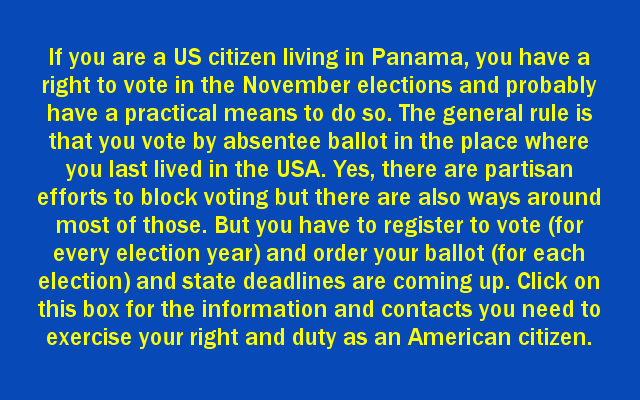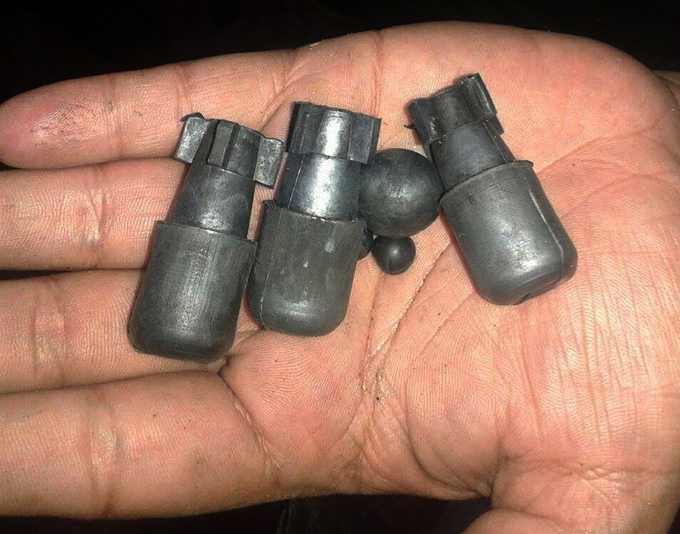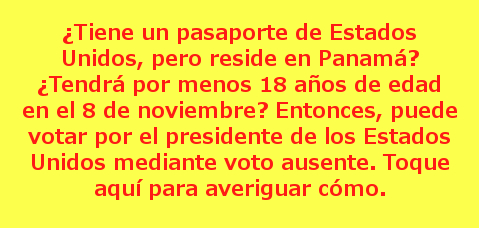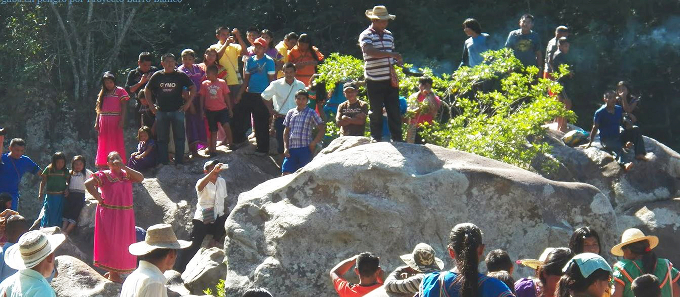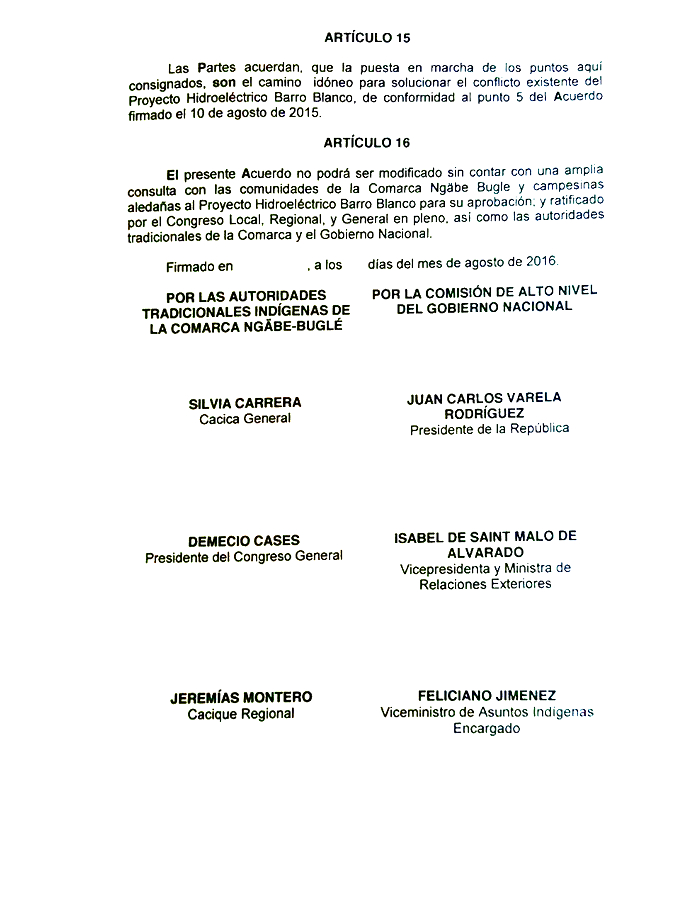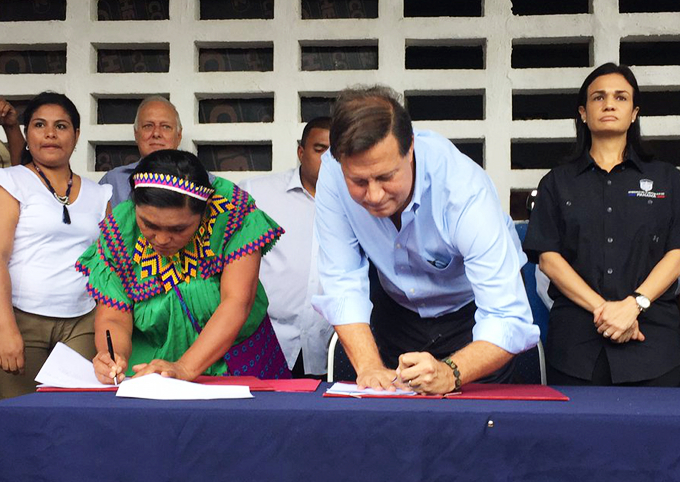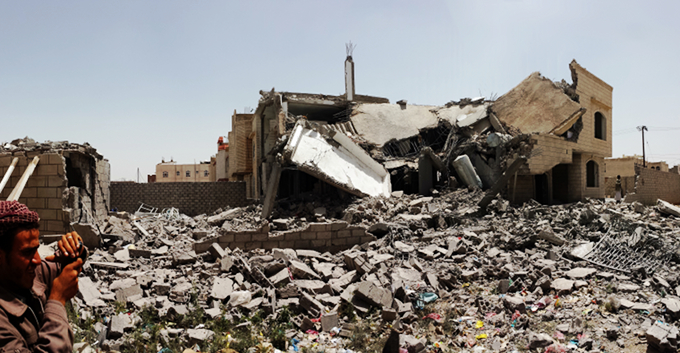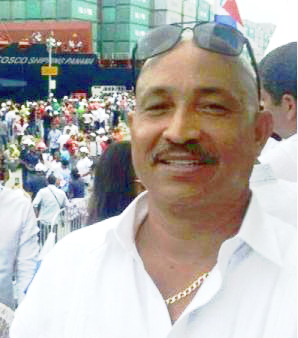
Not your ordinary coke bust in Colon
by Eric Jackson
The US addiction problem is as bad as it ever was, although Panama’s market share is probably down as cocaine smuggled through here from South America is less popular up there as the demand for opioids — mostly synthesized in the USA — explodes. But the “War on Drugs” continues and is a great success for those who sell the paraphernalia or find regular employment. We hear about drug seizures in Panama with monotonous frequency. When in the last week of August police seized 305 kilos of cocaine, $129,000 in cash, five vehicles and nine persons (a mix of Panamanians and Colombians) it was a tiny blip in the data stream. But the raids kept coming, in the Colon province neighborhoods of Ciudad del Sol, Margarita, Urbanizacion Praderas in San Isidro, Puerto Pilón and Viento Frío. These raids netted five more people, $2,218, four firearms, three vehicles, and in the house in Viento Frio, that area’s representante on the Santa Isabel city council — Hidalgo Gentil Jaramillo Davis — and a suspected drug trafficker known by the nickname of Chichi Loco. The local politician, a PRD member, made the series of raids noteworthy enough, and then on top of that the Minister of Security revealed that National Aeronaval Service (SENAN) Second Lieutenant Francisco Salazar Flores was also under arrest.
Is that all? Not hardly. The things that were announced without going into detail were and will be a bit more sensational yet. There is a legislator, not named but identified by several media as a PRD member, who is to be charged, along with at least one other law enforcement officer — among four “high level government functionaries” is how it was put. Security Minister said that it had been a seven-month investigation in which eight principal organizers of the racket had been identified but only five of whom have been captured. Everyone involved is identified as either Colombian or Panamanian. The basic racket was drugs by sea from Colombia to and through Guna Yala, then packed onto containers for shipment by a variety of land and sea routes to points north. Among the Panamanian “civilians” charged the names of Damaris Jackson Quiroz, Eduin Eduardo Forbes Menchaca, Luis Alberto Jessie Memcha and Marvin Eduardo Mena Ayarza were revealed. Some of the surnames are also shared with some prominent figures from Colon. (This Colon-born reporter, however, is not related to Ms. Jackson Quiroz.)
President Varela said that more arrests and revelations are coming in the case and called on all political parties to purge the drug traffickers from their ranks. We shall see who falls, but PRD and Cambio Democratico politicians from coastal Colon have been notoriously mobbed up in more or less the racket alleged here for many years. For the public official whose aim in life is to get rich, that area offers few other opportunities.
So is this the golden opportunity for a president who’s down in the polls to show his rectitude and resolution and rebound in public prestige? Probably not. As the names of other public officials come out the same judicial jam-up that has the Martinelli gang running out the calendar with endless motions and claims of immunity will most likely increase public disenchantment with the entire system and with a president who has broken his promise to convene a constitutional convention that might sweep away some of the structural incentives for corruption.
As an elected official Mr. Jaramillo enjoys electoral immunity from investigation and prosecution, which would have to be lifted by the Electoral Tribunal for the case to proceed. But is it already too late? Former electoral magistrate and the PRD candidate for vice president in 2014, now the head of the party’s disciplinary tribunal, Gerardo Solís, has blasted prosecutors, police and the Varela administration for violating Jaramillo’s special politician’s civil rights. But in another ongoing high-profile case against a PRD member, the extortion prosecution of Aldo López Tirone, the Electoral Tribunal just ruled that any electoral immunity he may have had as a candidate for party office is voided because he was caught in the act. So what were the circumstances of that raid in Viento Frio? Were police in hot pursuit of a suspect, or of contraband? Were they looking for someone or something else and did they stumble across Jaramillo? Lawyers may be arguing about the details of the arrest for years. In any case, for the matter to proceed the Electoral Tribunal would probably have to consider whether Jaramillo’s immunity ought to be lifted.
And when they come for the legislator to be named later? She or he would have electoral immunity and if that’s lifted by the Electoral Tribunal then the Supreme Court rather than the ordinary prosecutors and lower courts would be in charge of the case, including the investigation. Surely the defense would argue that the deputy was improperly investigated without the required supervision of the high court, and surely the accusers would say that there was an ongoing investigation of other people that happened to turn up said deputy. There it would face the stall that has been imposed on the 15 cases against Ricardo Martinelli and most of the other political corruption cases of recent vintage. It’s Exhibit A for a new constitution that makes sweeping and in some cases retroactive changes and that replaces the entire court membership in one fell swoop. (The Colegio Nacional de Abogados is actively campaigning for a constitutional convention, but their proposal has yet to be written and they seem a very long way from having the forces at their disposal to gather the more than a half-million petition signatures needed to force the issue.)
The individual and organizational identities of the Colombians said to be involved have not been revealed, nor has there been any claim or denial of foreign involvement in the investigation. There are all sorts of criminal organizations running drugs through Panama, but the most notable Colombian faction operating along the coasts of Colon in recent years has been the Clan Usuga, a direct lineal descendant from the AUC paramilitary death squads that were informally yet quite closely allied with the United States in the 1990s as part of Plan Colombia.
Never having been admitted, Washington would probably not see fit to deny the Plan Colombia history with the AUC. (They haven’t forthrightly admitted the US roles in creating the Manuel Antonio Noriega and Osama bin Laden monsters either.) But to the extent that this case is about the drug lords’ corruption of SENAN, it would represent another US failure, as more than most Panamanian law enforcement agencies that outfit is funded by and its members vetted by the United States. But of course, American justice also sometimes arrests home-grown crooked cops, customs agents, prosecutors, elected officials or judges in US drug investigations. Especially if US intelligence is part of this drug investigation it could then be spun that rather than corruption in SENAN being part evidence of a drug war failure, the exposure of corrupted Panamanian law enforcement officers is a drug war triumph.
Figure that this case will be the stuff of more spectacular claims and news attention for some time to come.
~ ~ ~
These announcements are interactive. Click on them for more information.

